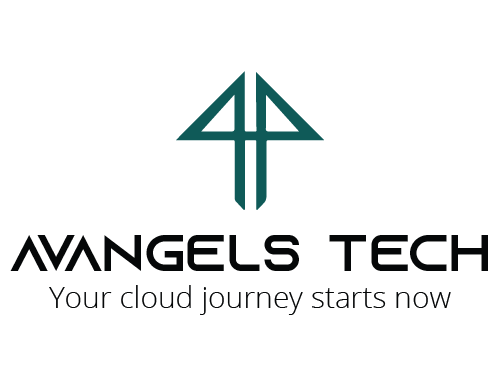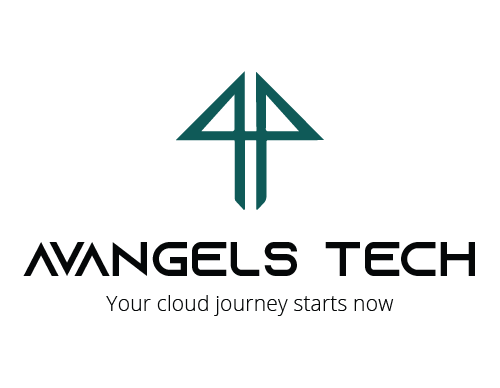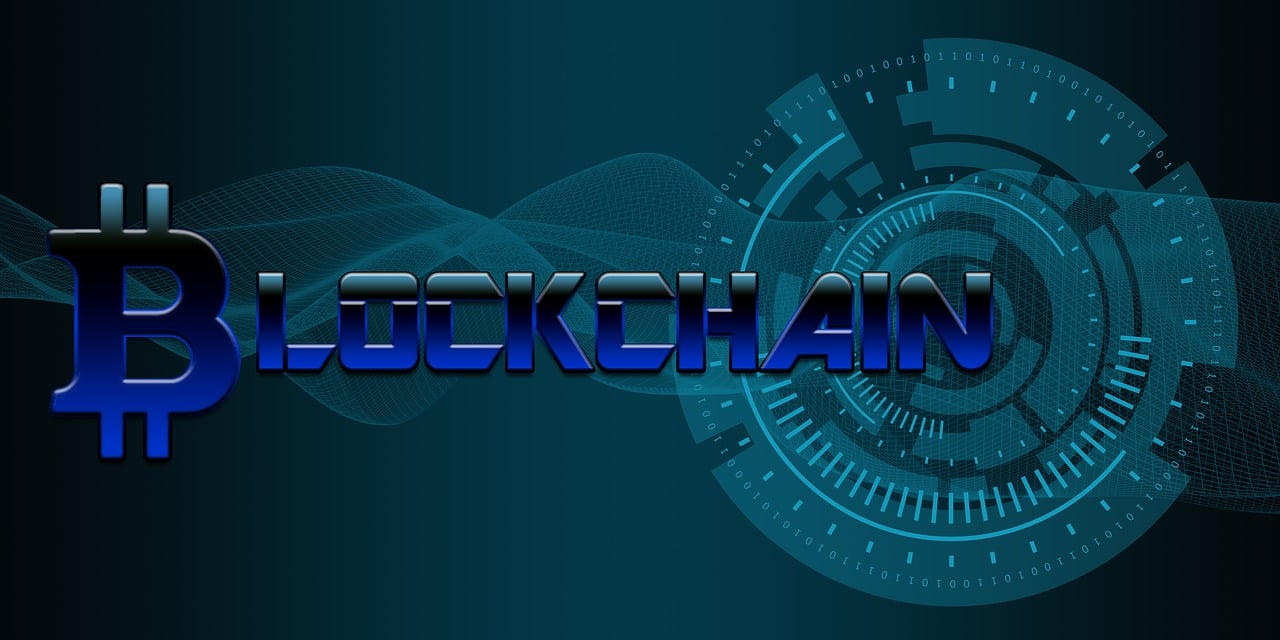Unleashing the Power of Blockchain: Transforming Industries and Beyond
Blockchain, the groundbreaking technology that emerged alongside Bitcoin in 2008, has since evolved into a force that extends far beyond cryptocurrency. Its distributed ledger system and decentralized nature have sparked widespread interest and excitement across various industries. While initially synonymous with cryptocurrencies, blockchain’s decentralized and immutable nature offers far-reaching applications beyond digital currencies.
Introduction
In the realm of emerging technologies, few have generated as much buzz and excitement as blockchain. Originally introduced as the underlying technology behind Bitcoin, blockchain has rapidly evolved into a transformative force with the potential to revolutionize industries far beyond the realm of cryptocurrency. Its decentralized, secure, and transparent nature has captured the attention of businesses, governments, and individuals alike, paving the way for a new era of innovation and trust. In this blog, we will delve into the fundamentals of blockchain, explore its key features, and examine its applications across various sectors.
Blockchain technology is a distributed ledger system that has taken the world by storm in recent years. It is the technology behind cryptocurrencies like Bitcoin, but it has many other potential applications. Blockchain is essentially a database that stores information in blocks that are connected to one another, creating a chain. The blocks are secured using cryptography, making it almost impossible to tamper with the information stored in them. In this blog post, we will explore the basics of blockchain technology, its benefits, and potential applications. Its decentralized and immutable nature has made it a game-changer, offering unprecedented levels of transparency, security, and efficiency. From finance and supply chain management to healthcare and governance, blockchain has the potential to revolutionize countless sectors.
How does blockchain work?
In a traditional database, data is stored in a centralized location, and the database is controlled by a single entity. However, in a blockchain, data is stored in a decentralized network of computers. Each computer on the network has a copy of the blockchain, and any new transactions or information must be verified and approved by the entire network before it is added to the blockchain. Blockchain is a distributed ledger technology (DLT) that enables the secure and transparent recording of transactions across a network of computers. Once a block of data is added to the blockchain, it cannot be altered or deleted, ensuring the integrity of the data.
One of the critical components of blockchain technology is cryptography. Each block on the blockchain is secured using complex mathematical algorithms that make it virtually impossible to alter or tamper with the data. This means that once data is added to the blockchain, it is immutable, making it a secure and reliable way to store and share information. The technology utilizes cryptographic algorithms to secure data and ensure the integrity of the information stored within the blockchain. Each transaction, or “block,” is linked to the previous one, forming a “chain” of blocks. This chain of blocks, also known as the blockchain, creates an indelible and transparent record that cannot be altered retroactively, making it highly resistant to fraud or tampering.
Blockchain relies on a decentralized network of participants, known as nodes, who collectively maintain the integrity and validity of the ledger. Each transaction is grouped into a block, which is cryptographically linked to the previous block, forming a chain of blocks—a blockchain. Blockchain operates through a peer-to-peer network of computers (nodes) that collectively maintain and validate the ledger.
Benefits of blockchain technology
There are many benefits of using blockchain technology, including:
1. Decentralization
One of the key benefits of blockchain technology is its decentralized nature. Unlike traditional databases, which are controlled by a single entity, blockchain is a distributed network of computers that work together to verify and approve new transactions. This decentralization makes it almost impossible for a single entity to manipulate the data on the blockchain, ensuring the integrity of the data. Blockchain eliminates the need for intermediaries, such as banks or central authorities, by enabling peer-to-peer transactions. This decentralization fosters trust, reduces costs, and enhances efficiency by removing single points of failure. This decentralized structure also ensures that no single entity has complete control over the system, promoting transparency and reducing the risk of fraud or manipulation.
2. Security
Another key benefit of blockchain technology is its security. Because each block on the blockchain is secured using cryptography, it is virtually impossible to tamper with the data stored on the blockchain. This makes it an excellent way to store sensitive information like financial transactions or medical records. The use of public and private keys ensures that only authorized participants can access and modify data, bolstering the security of digital assets and personal information.
Blockchain employs advanced cryptographic techniques to secure transactions and data. Consensus mechanisms such as Proof-of-Work (PoW) or Proof-of-Stake (PoS) ensure that transactions are verified by the network, preventing double-spending or malicious activities. This high level of security fosters trusts among participants, as transactions can be executed with confidence, reducing the need for intermediaries. Once a transaction is recorded on the blockchain, it becomes immutable, making it highly resistant to tampering or hacking attempts.
3. Transparency
Blockchain technology is also transparent, as all transactions on the blockchain are visible to everyone on the network. Every participant in the network can view the entire transaction history, promoting accountability and reducing the potential for corruption. This transparency promotes accountability, as every participant can verify the integrity of the data, ensuring trust and eliminating fraudulent activities. This transparency makes it easy to track the movement of assets and ensure that all parties are acting in good faith. This transparency also makes blockchain an effective tool in supply chain management, where tracing the origin and authenticity of goods is crucial.
4. Efficiency
Because blockchain technology is decentralized, it can be more efficient than traditional databases. Transactions can be approved and verified more quickly, and there is no need for intermediaries like banks or other financial institutions.
5. Smart Contracts
Smart contracts are self-executing agreements with predefined conditions encoded directly into the blockchain. These contracts automatically execute and enforce the agreed-upon terms when the specified conditions are met, eliminating the need for intermediaries and streamlining processes.
6. Immutability
Each transaction or data entry on the blockchain is stored in a block, which is linked to previous blocks in chronological order, forming a chain. This chain of blocks, or the blockchain, is publicly accessible and verifiable by all participants. Once a transaction is recorded on the blockchain, it becomes virtually impossible to modify or delete. The distributed consensus mechanism ensures that any changes require the consensus of the majority of participants, making the blockchain highly resistant to tampering and fraud. Once recorded, information cannot be altered retroactively, creating an immutable and tamper-resistant system.
Applications of blockchain technology
Blockchain technology has many potential applications beyond cryptocurrencies like Bitcoin. Some of the most promising applications of blockchain technology include:
1. Financial Services
The financial sector has been one of the early adopters of blockchain technology. Blockchain enables faster and more secure cross-border payments, eliminates intermediaries in stock trading, and facilitates transparent and auditable supply chain financing. It also offers opportunities for financial inclusion by providing access to banking services for the unbanked population. Additionally, blockchain has the potential to revolutionize other financial services such as smart contracts, lending, and asset tokenization, enhancing efficiency and accessibility.
Blockchain has disrupted the financial sector by introducing cryptocurrencies like Bitcoin and Ethereum. It enables secure peer-to-peer transactions, eliminates the need for intermediaries, and reduces transaction costs. Additionally, blockchain-based smart contracts automate and enforce the terms of agreements, streamlining complex financial processes. Cryptocurrencies leverage blockchain technology to facilitate secure and decentralized digital transactions, enabling faster and more cost-effective cross-border payments.
2. Supply Chain Management
Blockchain enhances supply chain traceability and transparency by recording every transaction and movement of goods on the distributed ledger. This enables stakeholders to track and verify the origin, authenticity, and condition of products, thereby reducing counterfeiting, ensuring fair labour practices, and optimizing logistics. Blockchain technology can be used to track the movement of goods and products through the supply chain. This can help ensure that products are authentic and that they have not been tampered with or counterfeited.
Blockchain brings transparency and traceability to supply chains, enabling businesses and consumers to track the movement of goods from origin to destination. By recording each step of a product’s journey on the blockchain, companies can enhance visibility, verify authenticity, and detect counterfeit goods, improving efficiency and consumer confidence. This technology helps prevent counterfeiting, ensures the authenticity of products, and improves efficiency in logistics and inventory management.
3. Healthcare
Blockchain holds immense potential to improve data security, interoperability, and privacy in healthcare systems. Providing a tamper-proof and decentralized platform for storing and sharing medical records, it enhances data integrity and facilitates seamless exchange of information among healthcare providers, resulting in better patient outcomes. Blockchain technology can be used to store and share medical records securely and efficiently. This can help ensure that patient data is accurate and up-to-date, and it can make it easier for healthcare providers to collaborate and share information.
By securely storing and sharing patient data across multiple healthcare providers, blockchain can improve medical record management, enable more accurate diagnoses, and streamline insurance claims processing. Medical records stored on a blockchain can be accessed securely by authorized individuals, ensuring privacy and reducing the risk of data breaches. It can streamline processes such as clinical trials, and drug supply chain management, ultimately leading to improved patient care.
4. Government and Public Services
Blockchain can transform governance by increasing transparency and reducing corruption. It can be used for secure voting systems, transparent allocation of public funds, digital identity management, and efficient land registration, leading to increased trust and accountability in public services.
5. Energy and Sustainability
Blockchain can facilitate peer-to-peer energy trading, track renewable energy generation and consumption, and incentivize sustainable practices through tokenized rewards. By decentralizing energy systems, blockchain can accelerate the adoption of renewable energy sources and enable a more efficient and sustainable energy grid.
6. Voting
Blockchain’s transparency, immutability, and decentralized nature has the potential to revolutionize the voting system by providing a transparent, tamper-proof, and auditable record of votes. Blockchain technology can be used to create secure and transparent voting systems. This can help ensure that votes are accurately counted and that the election process is fair and transparent. It can enhance trust in democratic processes, prevent voter fraud, and increase citizen participation in decision-making. By leveraging blockchain, governments can create verifiable and transparent voting platforms, ensuring the integrity of elections and promoting democratic processes.
7. Smart contracts
Blockchain technology can be used to create and execute smart contracts, which are self-executing contracts with the terms of the agreement between buyer and seller being directly written into lines of code. This can help streamline business processes and reduce the need for intermediaries like lawyers or other professionals.
8. Real Estate
Blockchain can transform the real estate industry by simplifying property transactions, reducing paperwork, and minimizing fraud. Through tokenization, property ownership can be divided into tradable digital assets, allowing for fractional ownership and easier access to real estate investment opportunities.
9. Empowering Individuals
Blockchain technology also empowers individuals by providing greater control over their data, digital identity, and financial assets. Through self-sovereign identity solutions, users can manage and authenticate their digital identities, reducing reliance on centralized identity providers. Furthermore, blockchain-based decentralized finance (DeFi) platforms offer individuals access to financial services such as lending, borrowing, and investing without intermediaries.
10. Intellectual Property
Blockchain can provide a secure and decentralized platform for protecting intellectual property rights. Artists, musicians, and content creators can benefit from transparent ownership records, simplified licensing, and fair distribution of royalties. It has also found utility in intellectual property rights management, decentralized cloud storage, decentralized identity management, and more.
11. Identity Management
Traditional identity management systems are susceptible to security breaches and data theft. Blockchain-based identity management solutions can provide individuals with greater control over their personal data while ensuring the accuracy and immutability of identity records. This can revolutionize processes such as KYC (Know Your Customer), digital identities, and authentication.
The Road Ahead
Blockchain technology is still in its nascent stage, and its full potential is yet to be realized. As the technology matures, scalability, interoperability, and regulatory challenges need to be addressed. Collaborative efforts between businesses, governments, and technologists are crucial to drive innovation, establish standards, and unlock the transformative power of blockchain.
While blockchain holds immense promise, several challenges need to be addressed for its widespread adoption. Scalability, energy consumption, regulatory frameworks, and interoperability between different blockchain networks are areas that require further development and standardization. Looking ahead, the potential of blockchain technology remains vast. As innovations continue to emerge and scalability improves, we can expect blockchain to reshape industries, enhance security and privacy, and empower individuals worldwide.
Conclusion
Blockchain technology is reshaping industries, revolutionizing processes, and empowering individuals in ways we couldn’t have imagined before. Its decentralized and transparent nature offers solutions to long-standing problems, enhances trust, and ensures the security of transactions. As blockchain continues to evolve and mature, its potential applications will only expand, driving innovation and transforming the world as we know it. Embracing blockchain today means embracing a future of enhanced efficiency, accountability, and empowerment for businesses and individuals alike.
Blockchain technology is an exciting and innovative way to store and share information securely and efficiently. Its decentralized nature, security, transparency, and efficiency make it an ideal solution for many different applications. While it is still a relatively new technology, its potential for disruption is enormous. As more industries and businesses recognize the benefits of blockchain, we are likely to see even more exciting applications emerge in the future. Its decentralized nature, security, transparency, and efficiency make it an ideal solution for many different applications. While it is still a relatively new technology, its potential for disruption is enormous. As more industries and businesses recognize the benefits of blockchain, we are likely to see even more exciting applications emerge in the future.
Blockchain technology represents a paradigm shift in the way we manage data, conduct transactions, and establish trust. Its decentralized, transparent, and secure nature holds the potential to revolutionize numerous industries, empowering individuals and organizations alike. As blockchain continues to evolve and gain adoption, we can expect to witness further transformative changes that reshape the way we interact, transact, and collaborate in the digital age.


